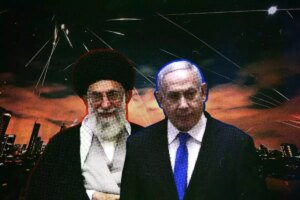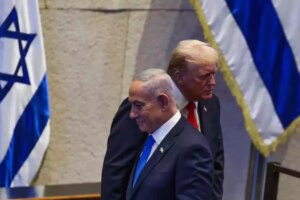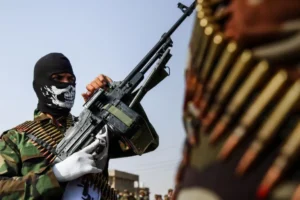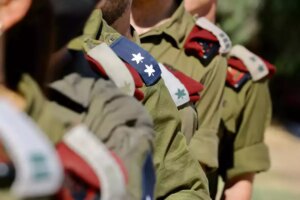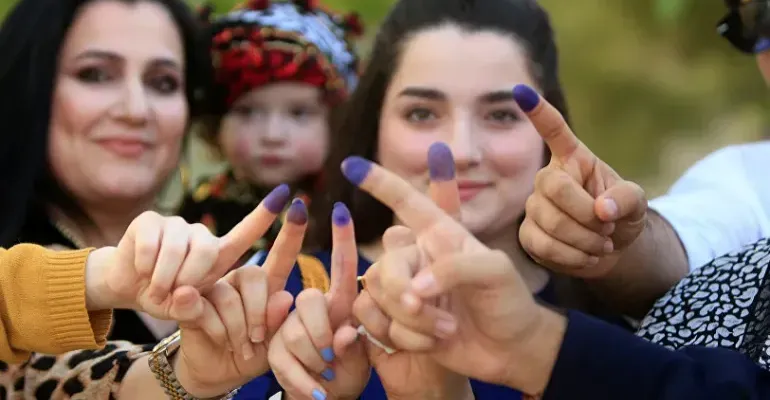
2025-11-06T11:45:08+00:00
font
Enable Reading Mode
A-
A
A+
Shafaq News
Once a pillar of Iraq’s cultural and economic life, the
Feyli Kurds — a Shiite Kurdish community long marginalized and persecuted — are
preparing to take part in Iraq’s parliamentary elections on November 11, 2025,
as they continue their struggle for fair political representation.
Among Iraq’s oldest Kurdish groups, the Feylis have lived
for centuries in Baghdad, Wasit, Diyala, Khanaqin, and Mandali. Known for their
influence in trade, education, and culture, they became targets of systematic
exclusion under the rule of Ahmed Hassan al-Bakr (1968–1979) and Saddam Hussein
(1979–2003).
During that period, an estimated half a million Feylis were
deported to Iran, stripped of citizenship, and deprived of their homes and
livelihoods under accusations of “Iranian origin.” Around 15,000 young Feylis
disappeared in prisons — their fate remains unknown.
Today, between 1.5 and 2 million Feyli Kurds live in Iraq.
Despite their numbers and deep roots, only one parliamentary quota seat — in
Wasit Province — is reserved for them.
Many Feylis view this limited representation as
institutional discrimination, saying the quota system fails to reflect their
population size or historic contribution to Iraq’s development.
Political adviser Munir Haddad recalled that Iraq’s Federal
Court had previously endorsed a proposal to increase the Feyli quota to five
seats, in line with allocations for the Christian and Yazidi communities.
Implementation, however, stalled amid concerns within Shiite blocs that such
seats could ultimately benefit Kurdish parties.
For Feyli candidates, Iraq’s political arena remains
dominated by major blocs with extensive financial and organizational resources.
They argue this imbalance prevents smaller communities from competing on equal
footing.
Such legal setbacks have deepened frustration among Feyli
activists, who say their candidates face not only political but also financial
obstacles.
Haidar Ali Abu Tara, a Feyli candidate running in Baghdad
with the Kurdistan Democratic Party (KDP), explained to Shafaq News that large
coalitions allocate substantial resources to their nominees, while Feyli
contenders operate with limited means.
He also noted that the Feyli Kurdish quota seat in Wasit
Province now serves as a national constituency, representing Feylis from
Baghdad, Wasit, Diyala, Najaf, Karbala, Basra, and other provinces — including
parts of the Kurdistan Region.
From her perspective, Nawal Wahab al-Feyli, head of the Free
Iraqi Feyli Kurds Association and a member of the General Secretariat of the
Feyli Kurdish Front, drew attention to the financial dominance shaping Iraq’s
elections.
“Campaigns have become dependent on parties with access to
large financial networks,” she explained, noting that independent or smaller
lists face clear disadvantages.
Another candidate, Amer Shuhan al-Feyli, pointed to both
administrative and political barriers in Feyli-populated areas that restrict
basic services, describing them as measures that erode public confidence.
Urging Iraq’s Independent High Electoral Commission (IHEC)
to tighten oversight of vote-buying and other irregularities, he emphasized
that Feyli electoral platforms aim to serve all Iraqis, not only their own
community.
Parliamentary adviser on Feyli Kurdish affairs Fouad Ali
Akbar pointed out that unequal access to funding has made competition
inherently imbalanced. Yet he stressed that the Feyli political message remains
national in scope, rooted in a history of exclusion and a commitment to
equality within Iraq’s broader political system.
Underlining the importance of rebuilding historical
awareness among younger Feylis, many of whom have limited knowledge of their
community’s past suffering, Ali described the Feyli identity as a bridge
between Iraq’s Kurdish and Arab populations, noting that addressing their
concerns would contribute to national cohesion.
Read more: Genocide survivors: Feyli Kurds seek true political representation
Written and edited by Shafaq News staff.


